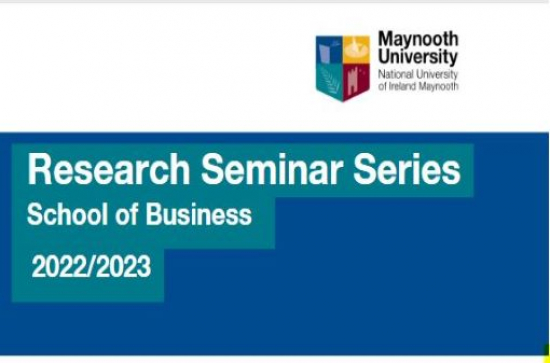
Abstract: Social science has the potential to complement technological innovation and public policy as humanity attempts to avoid the most terrifying consequences of climate change. Cultural, behavioral, educational and social-psychological interventions can, in theory, be harnessed to induce emission reductions. I will review the theories of change that underlie these types of interventions, their potential to be impactful, their limitations, and the social actors they overlook. Against this backdrop, I will introduce an action research project – PIVOT – designed to lead to the reduction of emissions from small and medium businesses in Canada. This project builds on the science of complex contagion, the strength of norms, and the power of storytelling and narrative. I will survey the successes and shortcomings of the PIVOT project; describe several academic studies that it has yielded; and provide some insight about the potential of partnerships between academics and nonacademics to devise and conduct generative research that strives to advance scientific knowledge while having a direct and meaningful climate impact.
Biography: Dror Etzion is an Associate Professor of Strategy and Organization at McGill University’s Desautels Faculty of Management, and Associate Member of the McGill School of Environment. His primary research interests are centered on the resolution of grand challenges, and the role of inclusive efforts to promote sustainability transitions. Through his research, he argues that emergent initiatives increase the recruitment of diverse stakeholders, foster creativity, and yield impactful social and environmental outcomes.
